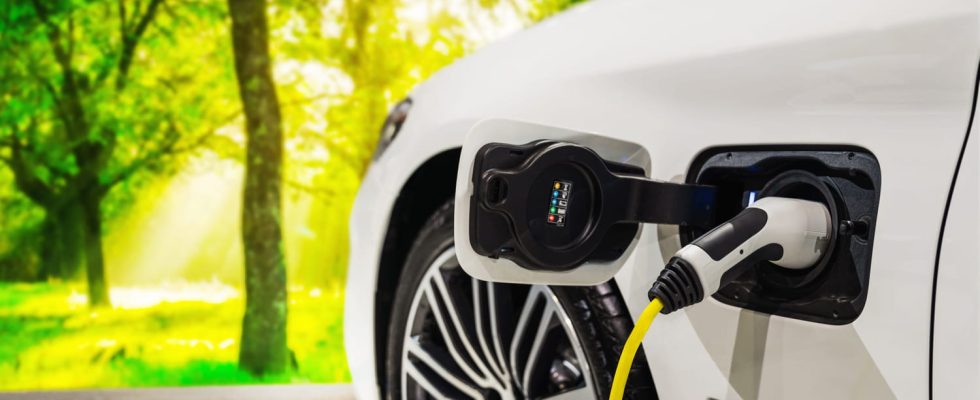This new battery could revolutionize electric cars thanks to ultra-fast charging times.
Imagine an electric car that recharges in as little time as it takes to fill up with gas. Obviously, this would undoubtedly redistribute the cards even further in the automobile market which has already largely begun to change in recent years. Today, around one in five new cars sold runs on electricity in France. But for many users, those who are still hesitant to switch from thermal to electric, battery life remains the main obstacle to taking the plunge.
If the progress in terms of kilometers traveled on a single charge is significant – count on average for the new models 300 kilometers for a small city car and 500 to 600 kilometers for a sedan or an SUV – the charging time still discourages many potential buyers. But a big development could soon change the situation. American researchers have recently developed a battery capable of recharging in less than…5 minutes! Ultra-fast charging likely to revolutionize the electric vehicle industry.
Currently, in the best case scenario, you need to plug in a car for at least 15 minutes to restore 100% charge. But it is very often much longer, especially with the terminals available at home. The Renault Zoe E-Tech, one of the pioneers on the French market, for example, needs almost 10 hours to fill up with watts with a wall charging station that can be found almost everywhere. The new battery manufactured at Cornell University, near Chicago, using a new component, indium, combined with Lithium-ion battery cells, would make it possible to completely recharge the Zoé (and to a whole bunch of other models) more than a hundred times faster!
However, the researchers still need to refine their finding. Because if indium, frequently used for touch screens and solar panels, promotes rapid charging and storage of batteries, it has the disadvantage of being heavy. Obviously, this does not go well with the desire of car manufacturers to reduce the weight of their vehicles as much as possible. Today, an electric car already weighs on average 25 to 35% heavier than a thermal car. Integrating even heavier batteries would therefore not make sense for manufacturers. But now they know there is a way to save considerable time recharging them. It remains to find a metal that would share the same characteristics of indium while being lighter.
